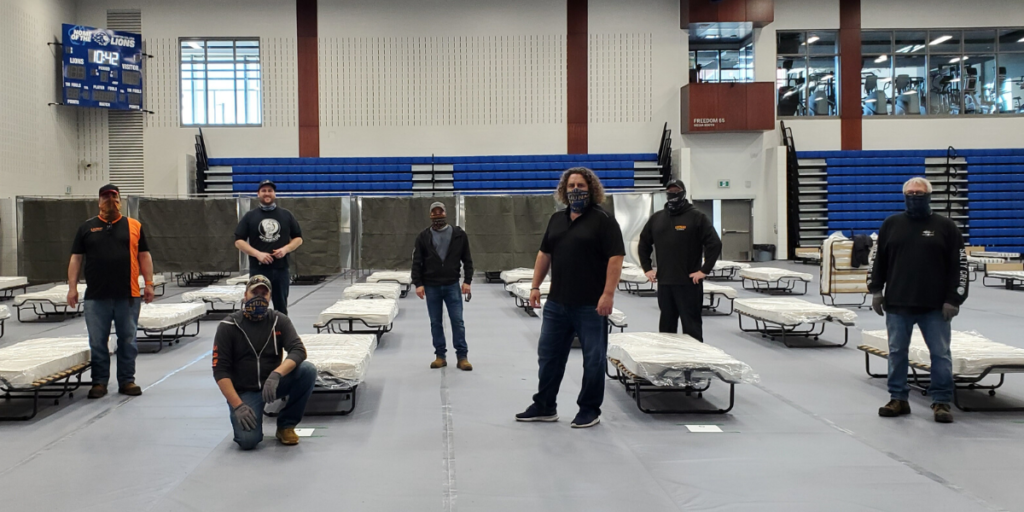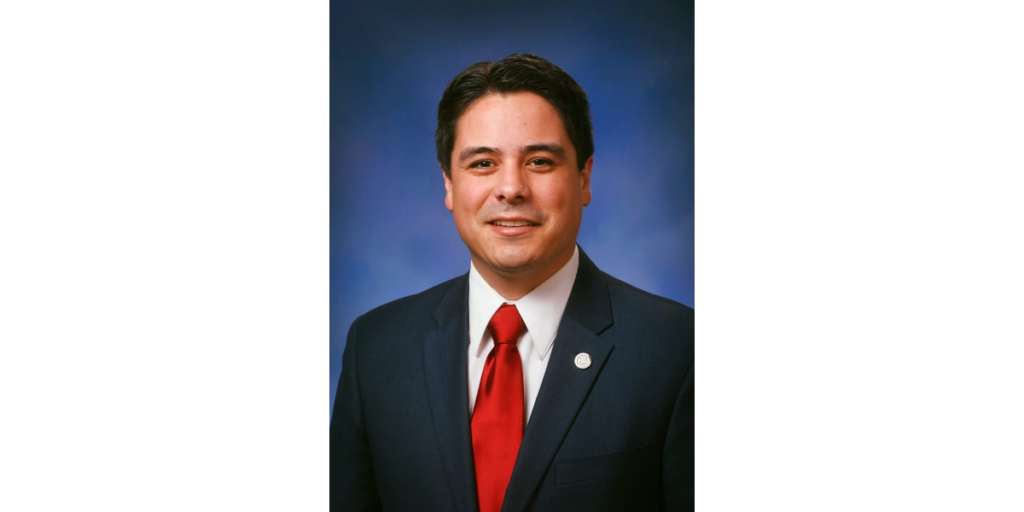Rep. Shane Hernandez of Port Huron – chair of the Michigan House Appropriations Committee – today reaffirmed the Legislature’s oversight role of state government during the COVID-19 shutdown.
Following Senate Appropriations Chair Jim Stamas’ call earlier this week for layoffs of non-essential state employees, Hernandez sent letters to state department heads seeking information about how they are managing workloads and evaluating staffing needs during Gov. Whitmer’s mandated statewide shutdown. With tax revenues to the state falling, Hernandez said tough state budget decisions must begin now, and this is a step toward making sure the Legislature has looked into every option to find savings going forward.
“The Legislature’s job does not stop during COVID-19,” Hernandez said. “We continue to look out for the taxpayers we represent, and part of that job is oversight of how state government is operating during this critical time.
“Many state employees are working hard, putting in overtime and making great sacrifices to fight COVID-19 and its repercussions. We are grateful and thank them for their incredible efforts. We also know not every state department is directly involved in the fight against COVID-19, and that is where tough decisions must be made – just like the governor’s shutdown orders are forcing Michigan families and job providers to make tough decisions every day in every part of our state. Many parts of our economy are shut down and many state services are closed. It is important to know how the state employees overseeing these affected areas are continuing to work and what services they are providing.”
Hernandez is seeking answers from state departments by April 27 to the following questions:
1) What new methods are you using to help your employees fulfill their duties while working from home, and have you had to address any issues of employees not fulfilling their duties?
2) How are you monitoring employee work hours and have you seen an increase or decrease in hours worked?
3) What metrics are being used to measure performance and have you seen increases or decreases in productivity?
4) Have you seen a reduction or increase in service demand and has there been consideration of reducing workforce due to potential revenue declines?
5) Has there been any consideration of repurposing some of your employees to other duties within your department to manage the new workflow created from the stay at home order?
Hernandez said there could be opportunities to reassign some non-essential state government workers to help deal with overwhelming demand in the state’s failing and overburdened unemployment filing system, among other projects.
“The governor has decided who is ‘essential’ within the entire Michigan workforce, but has neglected to make those same decisions within her own administration,” Hernandez said. “Is the Department of Environment, Great Lakes and Energy able to do field inspections? Is the Liquor Control Commission issuing permits? What is the Michigan Department of Education’s role as schools are shut down statewide with limited at-home instruction? We need to find out, and ask questions about what is happening with state employees sidelined due to the economy.”
Submitted by Tim Martin






